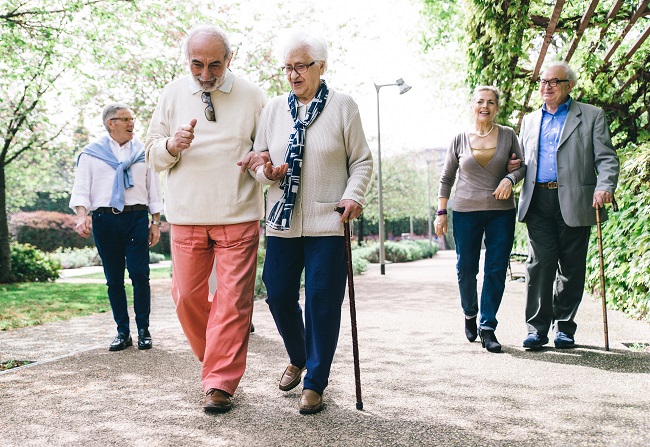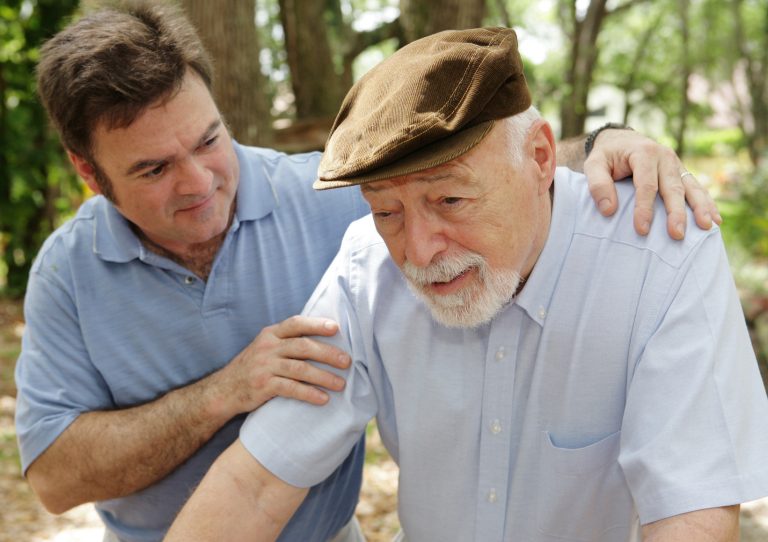Safety Tips for Family Outings with Seniors
While outings and social gatherings are important to the well being of home bound or assisted living seniors, there are some health risks involved as well. Learning how to plan and enjoy safe outings with an elderly parent or relative gives you a fresh way to spend time together and improve your bond.

Outings, family visits and social gatherings play an important role in the well being and health of the residents of senior care centers. One of the best ways to support an elderly parent, spouse or relative is to include them in regular outings and events, but there are some additional precautions you should take when you leave the senior’s safe, familiar environment. Proper planning and an awareness of your relative’s mobility issues and mental health will help you create a safe and rewarding adventure you’ll both enjoy.
3 Top Senior Outing Safety Hazards
Wandering: Seniors that are well enough to go on regular outings with a group or family member are likely not suffering from diagnosed dementia, but could still be at risk of wandering. Wandering or eloping is prevalent in pre-diagnosed memory care patients and those who are just beginning to feel the effects of memory loss, but who are still able to hide the problem. Seniors who wander can simply leave the location you are visiting; weddings, funerals and special events are particularly tricky, since they involve large numbers of participants and multiple arrivals and departures. Even a visit to the mall or a restaurant can become a problem if your parent heads to the restroom, then forgets where they are or who they are with.
Combat wandering by staying with your relative and walking with them, even if their pace is slow. Make the commitment to the day and plan on taking as much time as they need to get safely around. Memory loss can cause other issues as well; check for coats, wallets, purses and other essential items at each stop of your trip to make sure all items are accounted for. If you encounter problems while out, return to the senior care centers and continue your visit in a safe and familiar environment.
Slips and falls: Even though you are walking on the same surface, the wet pavement or icy steps are a much larger hazard for your elderly relative. Less nimble muscles, brittle bones and slow reflexes can turn a simple slip on a wet store floor into a major injury, so be aware of the weather and any hazards before you leave home. Since an outing can be a big event for a senior, they may dress for the occasion; heels or hard soled shoes can make any hazards you encounter even worse. Offer an arm to assist the ladies — and request help from older gentlemen, even if you don’t need it. Doing so will give them the extra support they need to prevent a fall.
Overexertion: A fun day for you may not be a fun day for a senior — and they may not be willing to admit it. Watch carefully for the signs of physical overexertion, including changes in skin complexion (very pale or very flushed), rapid breathing and drowsiness. Elderly men in particular may not want to admit they are tired until they are in pain or very ill, so watch and suggest a rest when needed. Extreme temperatures and lots of walking can quickly lead to overexertion for an older person.
Making the commitment to take an elderly person on an outing will do wonders for you both. Preparing is advance and thinking about how your senior relative will handle your plans is the key to a successful and beneficial outing. Contact us to learn more about making the most of outings and everyday visits with your loved one; we’re here to support you both.

